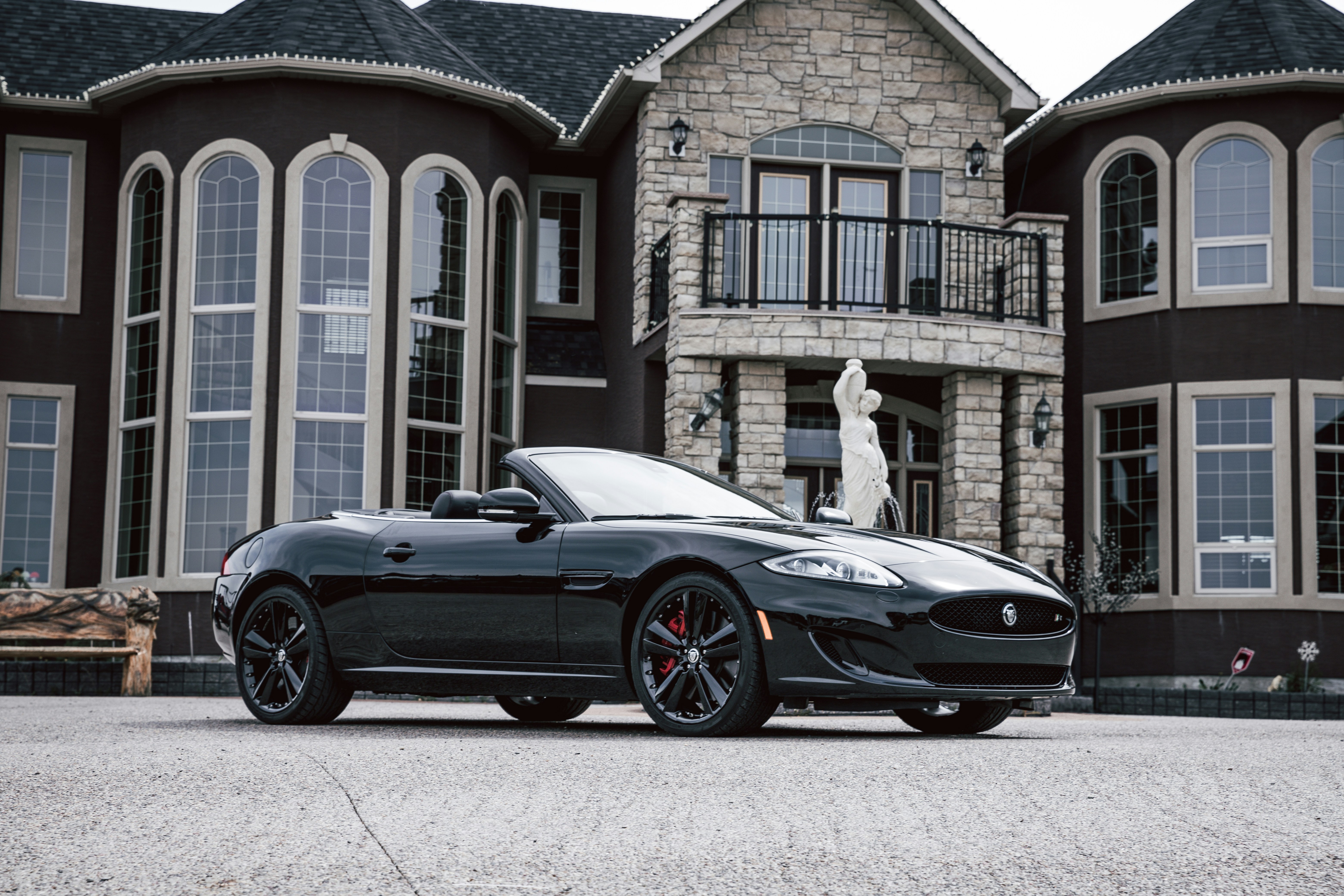
Understanding the Basics: Before we dive in, let's grasp the basics. Superlatives are often formed by adding "the" before the adjective and "-est" to the end of the adjective. For example:
- Old → The oldest
- Expensive → The most expensive
Usage in Sentences:
-
The Oldest:
- Example: "The church is very old. It's the oldest building in the town."
- Here, "the oldest" is used to indicate that the church is older than all the other buildings in the town.
- Example: "The church is very old. It's the oldest building in the town."
-
The Most Expensive:
- Example: "That painting is the most expensive piece of art in the gallery."
- In this sentence, "the most expensive" highlights that the painting has a higher price than any other piece of art in the gallery.
- Example: "That painting is the most expensive piece of art in the gallery."
Special Cases:
- Sometimes, we can use superlatives without mentioning the noun directly:
- Example: "Luke is a good player, but he isn't the best in the team."
- Here, "the best" implies "the best player" without explicitly stating it.
- Example: "Luke is a good player, but he isn't the best in the team."
Using Superlatives with "Ever":
- Superlatives can be enhanced by adding "ever" to emphasize uniqueness or extremity:
- Example: "The film was very bad. I think it's the worst film I've ever seen."
- Adding "ever" intensifies the statement, emphasizing that the film is the worst among all films the speaker has seen.
- Example: "The film was very bad. I think it's the worst film I've ever seen."
Try this exercise to test your grammar.
Ready to elevate your teaching career?
Join thousands of certified educators worldwide who have transformed their careers with our internationally recognised teacher training programs.










.png)
Feedback
Total score is 2 out of 7 (25%)
A1-A2 Grammar : Superlatives
Choose the correct word.